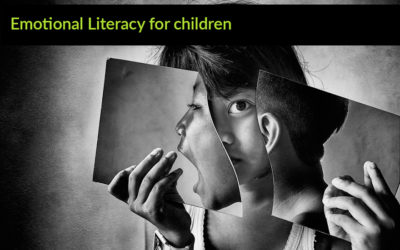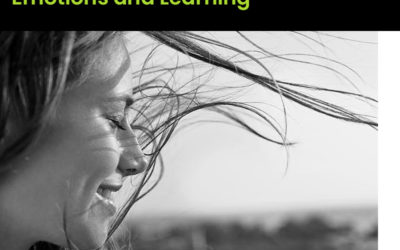and that’s a good thing.
This week I lived through a personal experience that exemplifies to me how the ontological interpretation of emotions is useful for understanding and navigating life. The event that put things in motion was that an organizational client I have been working with a lot this year found 2 errors in the invoices I submitted. Physically I went cold and felt myself shrinking. I had a knot in my stomach. I wanted to hide. In short, I felt horrible. I was worried that this incident could harm the relationship, their trust in me, and future work. I tried to think of ways to rectify the situation or something I could do to reassure my client that the errors were “honest mistakes”. And, I also had thoughts about how to explain or rationalize what had happened.
Nothing in what I just described is unusual and it is even predictable that things like this will happen. What was helpful was knowing that if I could name the Emotions And Learning that my feelings and thoughts were pointing to so I could move through the situation more easily and get clear on the lessons it was offering me.
The first emotion I identified was a shame. I know that shame is telling me that “I believe I’ve broken the rules of my community”. That made sense. I have a relationship with the organization and clients based on honesty, transparency, and fairness. If the errors were seen as intentional in some way it would certainly break those. I believe that the reason some emotions feel so bad is to get our attention. If they were more subtle we would be able to ignore it and not pay attention. As bad as it felt the shame also reassured me that I care about the relationship and the clients I work with. I want to honor our agreements and take care of the relationship. This is good news. I wouldn’t have the possibility to know that in the same way if I hadn’t felt shame.
In writing the email it occurred to me to write that I was also embarrassed. The embarrassment was telling me that I had done something I didn’t want other people to know about and that I would prefer to hide. Sharing my embarrassment with them honored the transparency we have agreed to in our relationship.
I find the temptation to rationalize the situation interesting. It seems to happen when my reason takes over and tries to find some way of thinking about the situation that would take the responsibility off of me. “The standards weren’t clear”, “I was tired” or “Yes, but look at all I did for you” are all examples of what happens in my thinking. To stay connected with the feeling of the emotions while exploring their meaning takes commitment and it is sometimes tempting to “take the easy road” rather than the road that maintains integrity.
And there were other emotions as well, sadness, anger, resignation, disgust and, later on, acceptance. The latter came as I adjusted to the belief that “it is the way it is” and “things will work out the way they work out”. I realized that it is important to accept that my memory for detail and my ability to maintain rigor in some parts of my life are not as strong as they once were. For that, I can put in place a structure and process to support me and engage in activities that increase my ability to be rigorous.
So, a week of big learning about myself. Certainly not always fun but when I think that the alternative to the learning was simply to “feel bad”. I deeply appreciate that my emotions were trying to tell me something important, to act as guides to improve my life and to generate greater alignment with my values. Not a bad outcome for a couple of uncomfortable days!
I work with people from all walks of life and professions to grow their emotional capacity through the development of Emotional Literacy for Families. Contact me with questions or to organize a live conversation. I’d be delighted to chate. Write to me at dan@schoolofemotions.world.




0 Comments